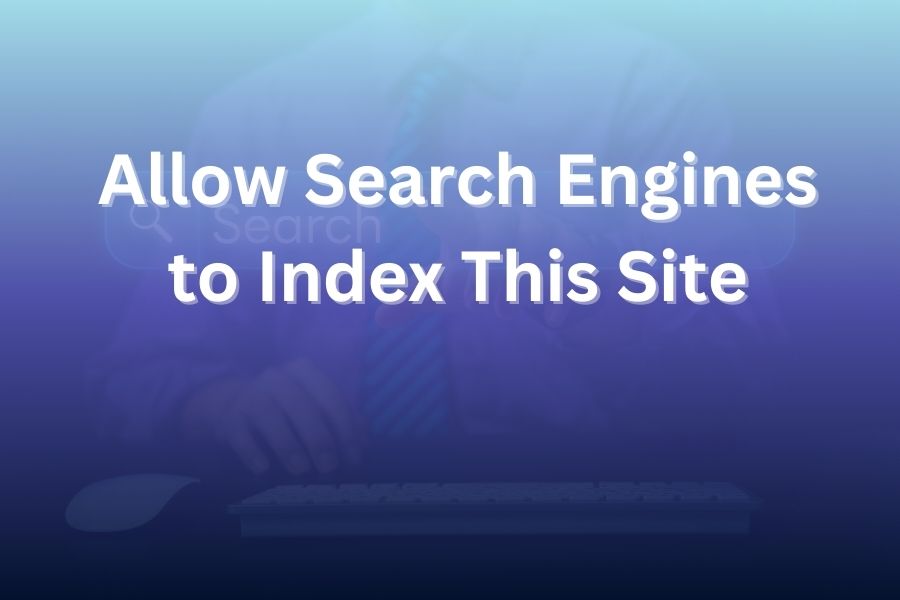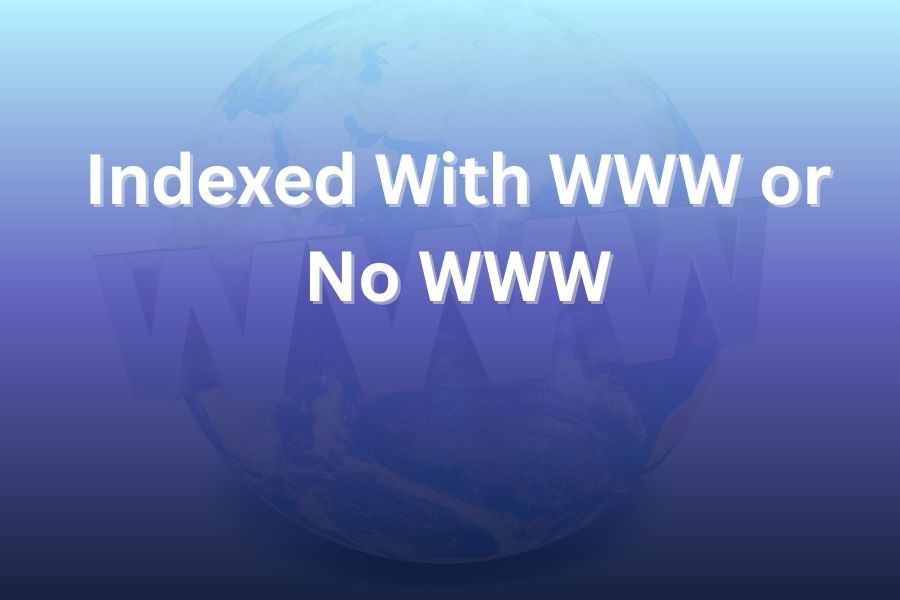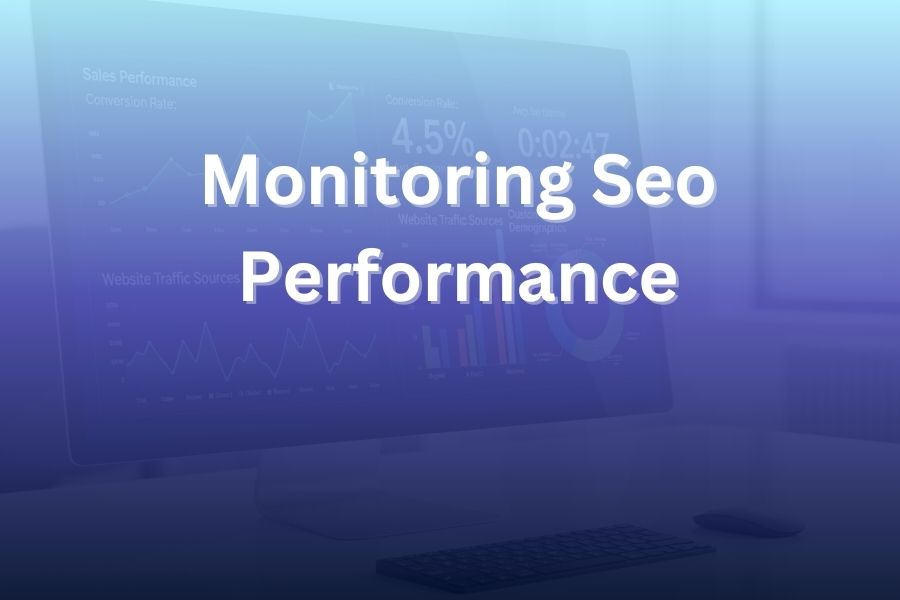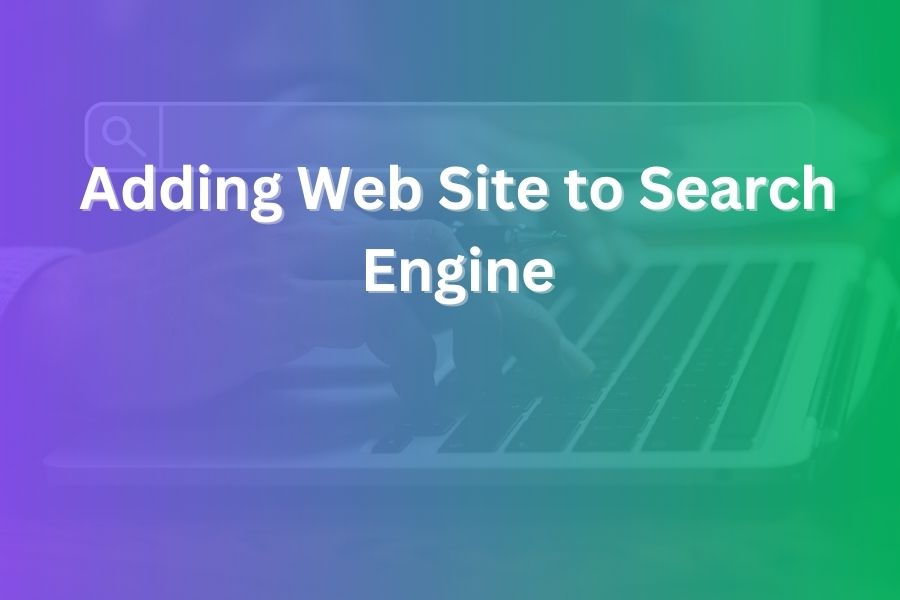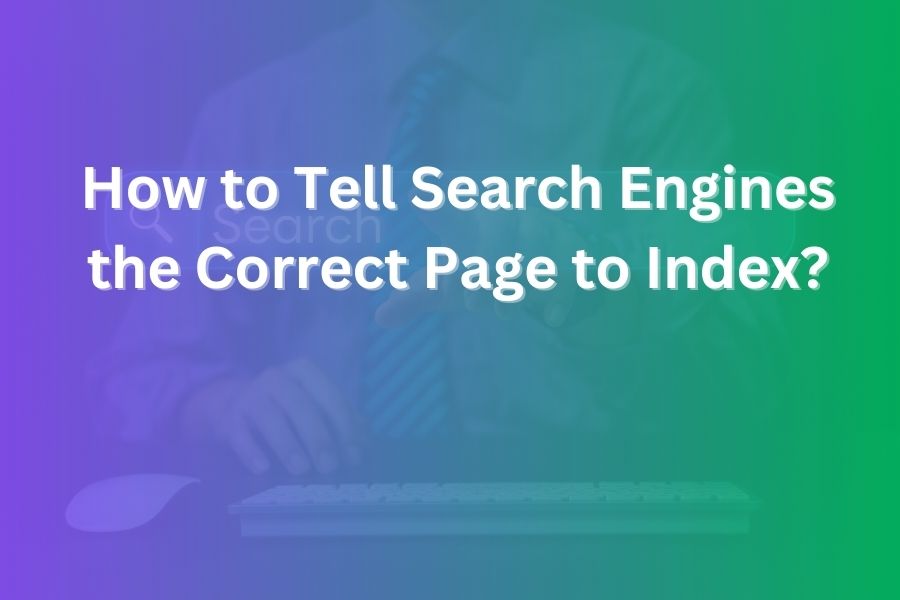
If you’ve just launched your website or are planning to do so, you may wonder: will Google automatically index my site? The short answer is: it can, but you should not rely on it happening quickly or completely without your input. In this article, you will learn how indexing really works, what you must do to help your site get indexed, the common blockers that stop automatic indexing, and best practices to ensure your content shows up in Google Search properly.
How Google Indexing Works
When you publish a website, Google has two key processes at play: crawling and indexing. Crawling is when Googlebot visits your site to discover pages and links. Indexing is when Google takes that information and adds it to its searchable database so that your site can appear in search results.
Google does not guarantee that every URL will be indexed. Just because a page is crawled doesn’t mean it will appear in search. It’s your responsibility to ensure that your website is accessible, crawlable, and contains valuable information worth indexing.
Does Google Automatically Index Every Site?
Many people assume that once they publish a website, Google will instantly list it in search results. Unfortunately, that’s not always true. Google can automatically index websites, but this doesn’t happen for all sites or at the same speed.
For some websites—especially established ones with quality backlinks—indexing happens quickly. For brand-new sites, however, it may take anywhere from a few days to several weeks. Some sites even fail to be indexed altogether. On average, it takes between 4 days and 4 weeks for new websites to get indexed under ideal conditions.
Key Factors That Determine Whether Google Will Index Your Site
There are several factors that determine how and when your website gets indexed:
Crawlability and discovery
Google must first discover your pages before indexing them. This discovery usually happens through links—either from other websites or from your internal pages. If your website is isolated and no other sites link to it, Google may never find it.
Technical blocking issues
If your website’s robots.txt file blocks Googlebot, or you use “noindex” meta tags, Google will skip your pages. Always ensure that your important pages are open for crawling and indexing.
Quality and relevance
Google prioritizes useful, unique, and high-quality content. If your site contains thin, duplicate, or low-value pages, Google might crawl it but choose not to index it.
Sitemap and Google Search Console setup
Having a sitemap and submitting your website to Google Search Console significantly improves your chances of faster indexing. It helps Google understand your site’s structure and which pages you consider important.
Authority and link profile
Websites with higher authority, trust, and backlinks tend to get crawled and indexed faster than new or low-authority sites.
Why You Shouldn’t Rely on Fully Automatic Indexing
Relying solely on Google to automatically index your website is risky. Many new websites never get indexed properly without manual effort. In some cases, even submitting a sitemap may not be enough. Google prioritizes established, trusted websites and may take longer to index newer domains.
Without proactive steps like building backlinks, improving crawlability, and using Search Console, your website might stay invisible for weeks or even months.
Best Practices to Ensure Your Site Gets Indexed
Here’s a complete checklist you can follow to make sure your site gets indexed efficiently:
- Verify your site in Google Search Console
Set up and verify your domain in Google Search Console. This lets you monitor how your site is crawled, indexed, and if any issues are preventing indexing.
- Create and submit an XML sitemap
An XML sitemap helps Google easily find all your important pages. Submit it in Google Search Console and include a link to it in your robots.txt file.
- Ensure your pages are crawlable and indexable
Double-check your site for any “noindex” meta tags or blocked URLs. Make sure your internal links connect all important pages so Googlebot can reach them.
- Build internal and external links
Add internal links to your main pages and get backlinks from reputable websites. This boosts discovery and signals to Google that your site has value.
- Publish high-quality content regularly
Keep your site active and valuable. Consistent publishing of well-written, helpful content tells Google your site is trustworthy and worth revisiting.
- Use the URL Inspection Tool
Inside Google Search Console, use the URL Inspection Tool to manually request indexing for important pages. This can help speed up the process for new content.
- Monitor your indexing status
Regularly check your “Coverage” report in Google Search Console. If important pages are missing, investigate potential issues like redirects, canonical errors, or content duplication.
Common Problems That Block Automatic Indexing
Even if you follow all the steps, you might still face indexing problems. Here are some common causes:
Orphan pages – Pages that have no internal links pointing to them are difficult for crawlers to find.
Blocked by robots.txt or meta tags – Accidental blocking through robots.txt or meta tags can prevent indexing.
Duplicate or thin content – Google avoids indexing pages that add little or no unique value.
New domain with no links – New sites with no backlinks often have lower crawl priority and may take longer to index.
JavaScript rendering issues – If your content relies on heavy JavaScript, Google might not render it correctly. Consider server-side rendering or static versions.
Misconfigured canonical tags – Incorrect canonical tags can confuse Google and prevent pages from being indexed.
How Long Does Indexing Take?
There’s no fixed time for Google to index your site. For most new websites, indexing takes between 4 days and 4 weeks. Some pages can appear in search results within hours, while others may take months.
Monitoring your site’s status in Google Search Console is crucial. If your pages aren’t indexed after a few weeks, review technical settings, improve content quality, and strengthen internal linking.
What to Do If Your Site Still Isn’t Indexed
If your website is still not showing up in Google search after several weeks, here’s what to do:
- Check Google Search Console for crawl errors and coverage reports.
• Search “site:yourdomain.com” in Google to see indexed pages.
• Make sure your sitemap is submitted and verified.
• Remove any “noindex” tags or blocks in robots.txt.
• Improve internal linking and get external backlinks.
• Use the URL Inspection Tool to request indexing for your most important pages.
• Keep updating your website and allow time for Google to re-crawl it.
Will Automatic Indexing Improve Rankings Instantly?
No. Indexing is just the first step. Once your pages are indexed, Google still needs to evaluate how relevant and useful your content is before ranking it.
Your content must meet ranking factors like relevance, authority, page speed, mobile optimization, and backlink quality. Being indexed only means your content is eligible to appear—it doesn’t guarantee high rankings.
Summary: What You Must Know
- Google can automatically index your site, but it doesn’t always happen instantly.
- You must take proactive steps to improve crawlability and discovery.
- Submitting your sitemap, using Google Search Console, and building links are key to faster indexing.
- Always monitor your indexing progress and fix any technical issues immediately.
- Remember, indexing is the start of visibility, not the end.
By managing these aspects carefully, you ensure your website not only gets indexed but also stands a better chance of ranking well and bringing in organic traffic.


